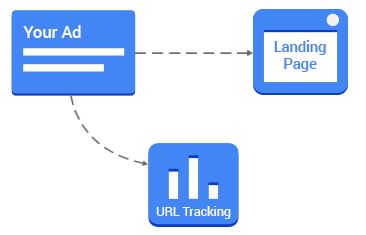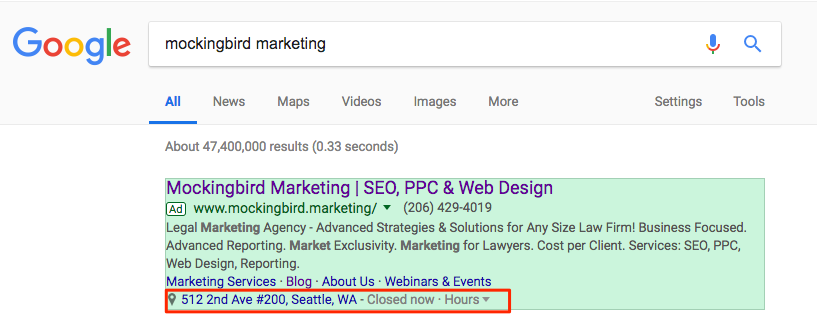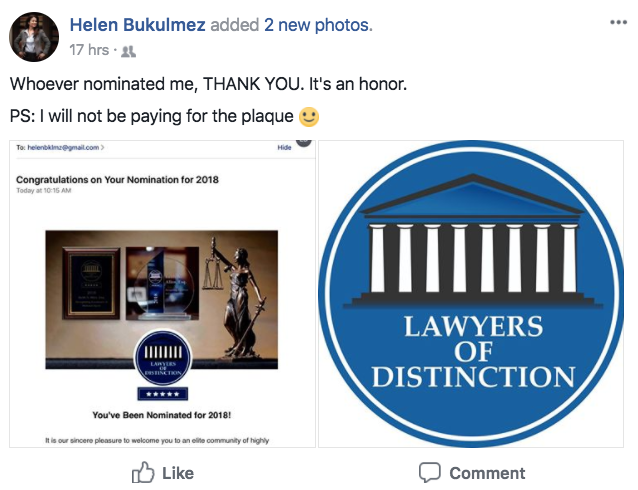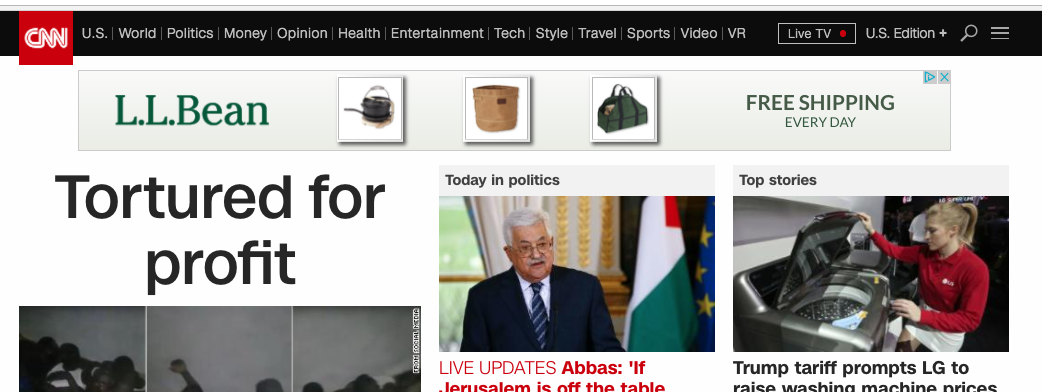Is your Google Ads account ready for the switch?
If you advertise on Google Ads, chances are you’ve received a message recently regarding their new parallel tracking requirement:
Dear Google Ads Advertiser,
You are receiving this message because your Google Ads account (Customer ID: XXX-XXX-XXXX) uses the tracking template field and will be impacted when we begin requiring parallel tracking in all accounts.
What’s changing?
Earlier this year, we introduced parallel tracking as an optional feature to improve your landing page speed by sending users directly to your website while all click measurement is processed in the background.
Starting October 30, 2018, parallel tracking will be required for all Search Network and Shopping campaigns on Google Ads, to ensure a better landing page experience for users. At that time, the account opt-in setting will be removed and parallel tracking will become the only click measurement method for Search and Shopping campaigns on Google Ads.
Next steps
Please work with your click measurement provider(s) to make sure that your account is ready for parallel tracking by October 30, 2018. Should you or your provider miss this deadline, it could potentially interrupt your click measurement reporting or cause landing page errors. If you are already using parallel tracking, you won’t need to do anything; you’re all set up.
For more information on parallel tracking, please refer to the Google Ads Help Center and contact your click measurement provider. If you have further questions, please reach out to your account team or contact us at any time.
Sincerely,
The Google Ads team
What does this all mean?
Parallel tracking is meant to improve user experience by decreasing load times. Data is sent through tracking tools while users are sent directly to websites. Bypassing the tools gets a user to the content a split second faster, but your tools need to be ready to handle the new system.

If you are self managed or work with another agency, now is the time to make sure everything is compatible. Google Ads tracking templates can be found in your account settings, your campaigns, your ad groups, and individual ads.
Mockingbird uses tracking templates to help with click fraud protection and call tracking. We’ve checked with our providers and have been assured they are ready for the switch. For clients currently being managed by Mockingbird, we don’t expect any interruptions in service.







